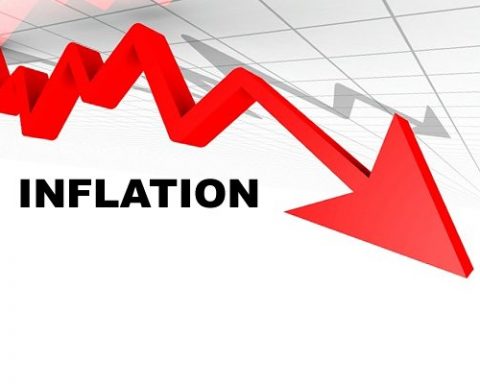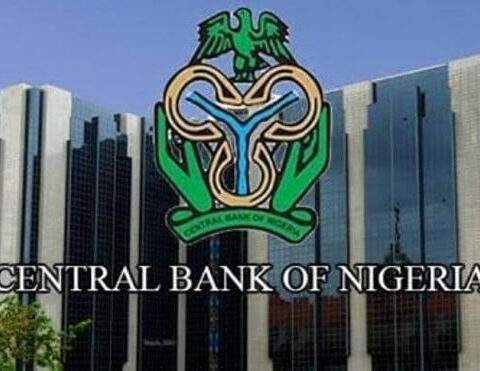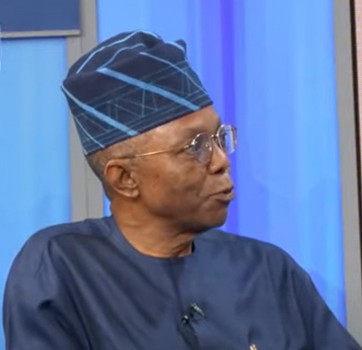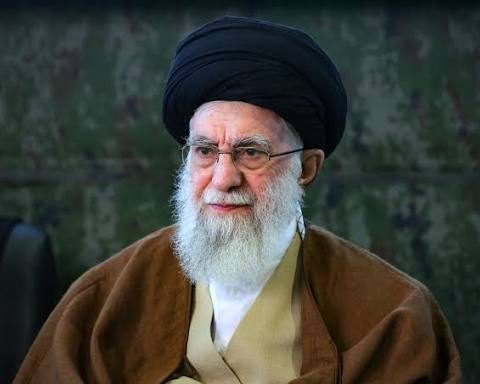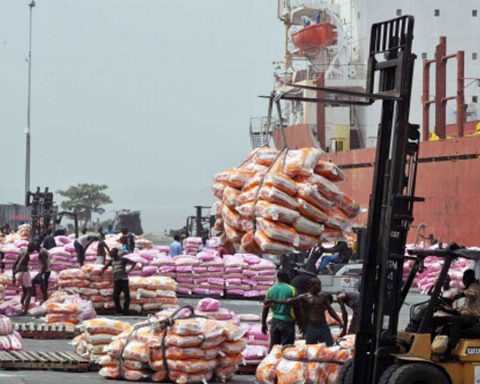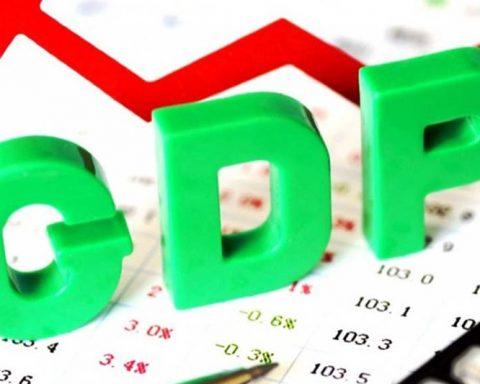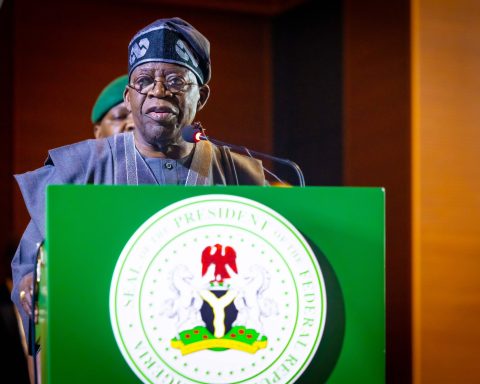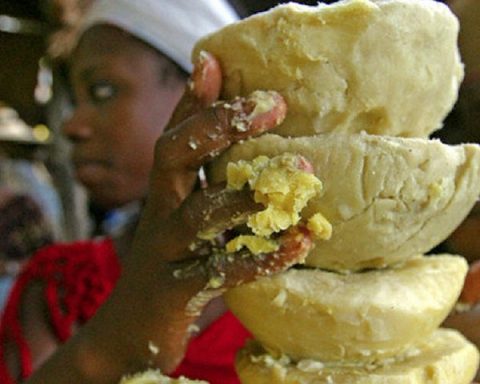Nigeria’s headline inflation rate has further dropped to 22.22 per cent in June, reflecting a 0.75 per cent decline from the 22.97 per cent recorded in May 2025.
This is, according to the Consumer Price Index (CPI) report released on Wednesday, 16 July by the National Bureau of Statistics (NBS).
Join our WhatsApp ChannelOn a year-on-year basis, the headline inflation rate dropped by 11.97 per cent when compared to 34.19 per cent recorded in June 2024. “This shows that the Headline inflation rate (year-on-year basis) decreased in June 2025 compared to the same month in the preceding year (i.e., June 2024), though with a different base year,” the report stated.
This means that in June 2025, the rate of increase in the average price level was higher than the rate of increase in the average price level in May 2025.
It said that on a month-on-month basis, the headline inflation rate in June 2025 was 1.68 per cent, which was 0.15 per cent higher than the rate recorded in May 2025 (1.53 per cent).
This means that in June 2025, the rate of increase in the average price level was higher than the rate of increase in the average price level in May 2025
Food inflation
The country’s food inflation rate stood at 21.97 per cent in June 2025 on a year-on-year basis. This was 18.93 per cent points lower compared to the rate recorded in June 2024 (40.87 per cent).
The report noted that the significant decline in the annual food inflation figure is technically due to the change in the base year.
However, the food inflation rate rose by 1.07 per cent on a month-on-month basis to 3.25 per cent in June from 2.19 per cent in May 2025.
“The increase can be attributed to the rate of increase in the average prices of Green Peas (Dried), Pepper (Fresh), Shrimps (white dried), Crayfish, Meat (Fresh), Tomatoes (Fresh), Plantain Flour, Ground Pepper, etc,” The NBS report explained.
READ ALSO: Headline Inflation Rate Drops To 23.71% In April
The average annual rate of Food inflation for the twelve months ending June 2025 over the previous twelve-month average was 28.28 per cent, which was 7.02 per cent points lower compared with the average annual rate of change recorded in June 2024 (35.3 per cent).
Commenting on the inflation report, analysts at CardinalStone Research said, despite the headline inflation rate easing in June 2025, “possibly linked to a combination of softer energy prices and a favourable base effect,” inflationary pressures remain evident.
The analysts attributed the month-on-month increase in food inflation rate, as indicated in the report, to the lean agricultural season, heightened by insecurity across key food-producing regions.
They further stated that the Central Bank of Nigeria’s June Purchasing Managers Index (PMI) data, which highlights a cost imbalance in the agricultural value chain, with input costs exceeding output prices, reinforces the trend. “This suggests that producers are absorbing a portion of the cost burden, a trend viewed as unsustainable and likely to trigger further food price increases in the short term,” they stated.
The analysts further stated that barring any FX or energy shocks, they expect sustained moderation in headline inflation. ”The knock-on effect of our inflation expectation is likely to translate to a cumulative 50-100bps reduction in policy rate in H2’25,” they added.


